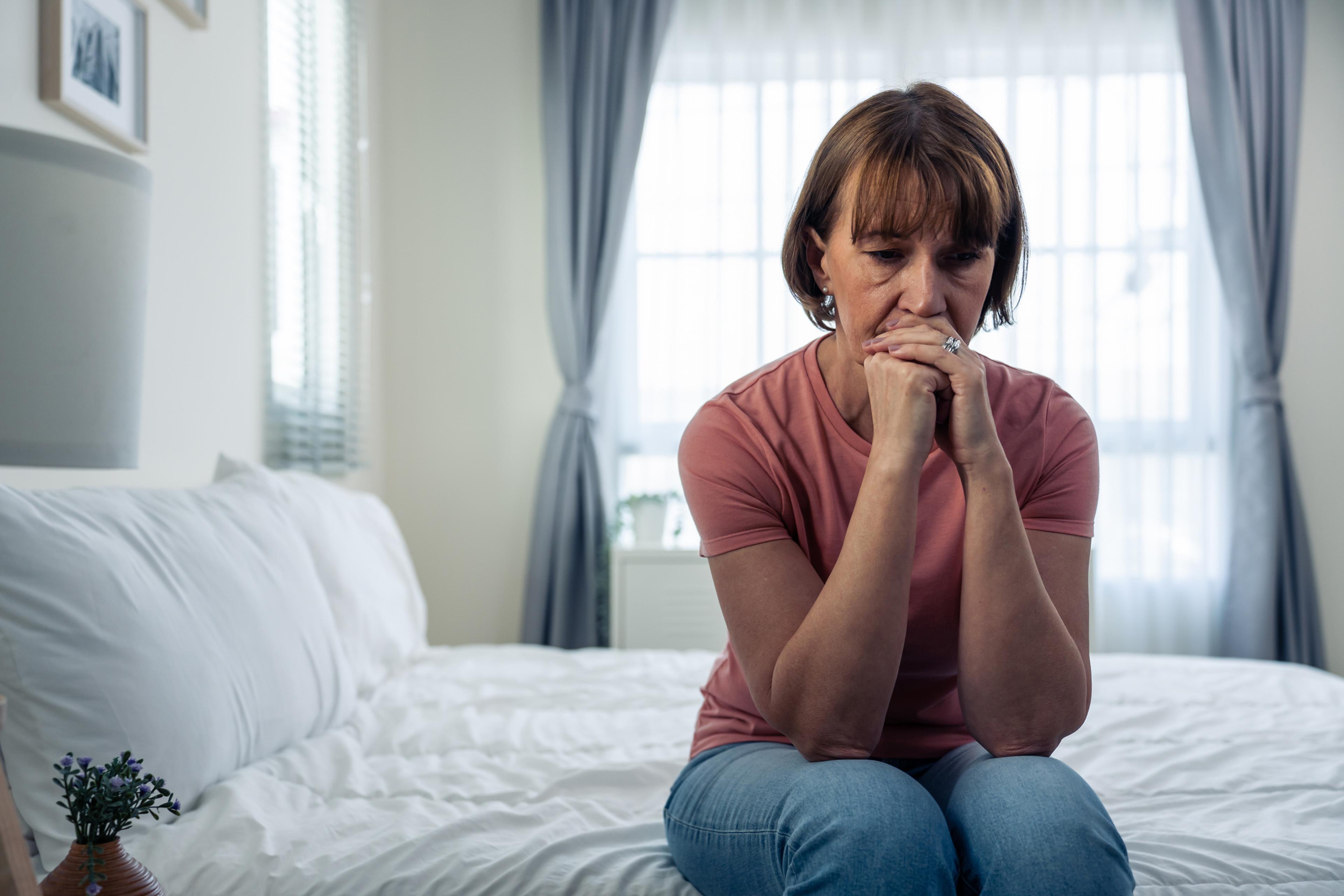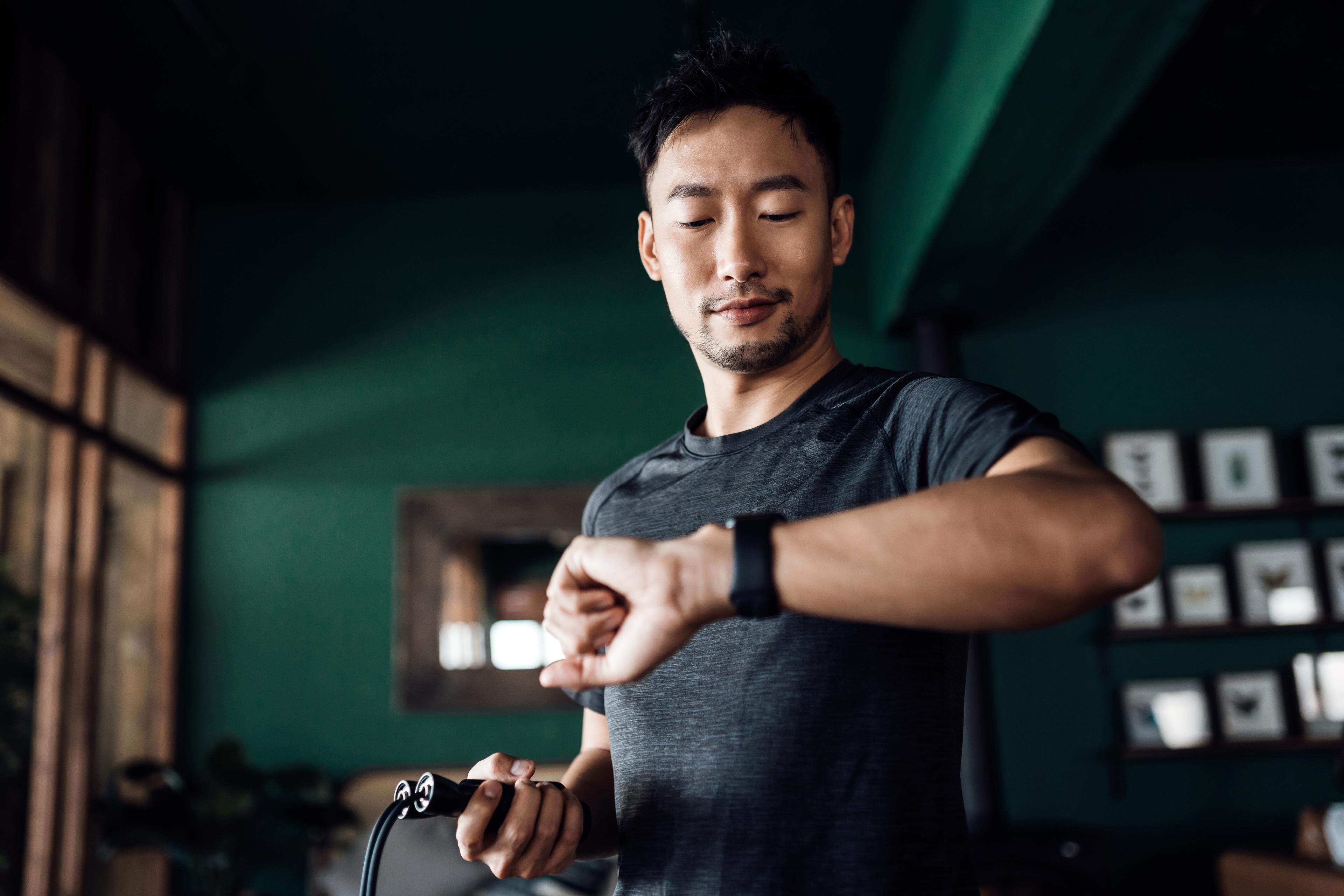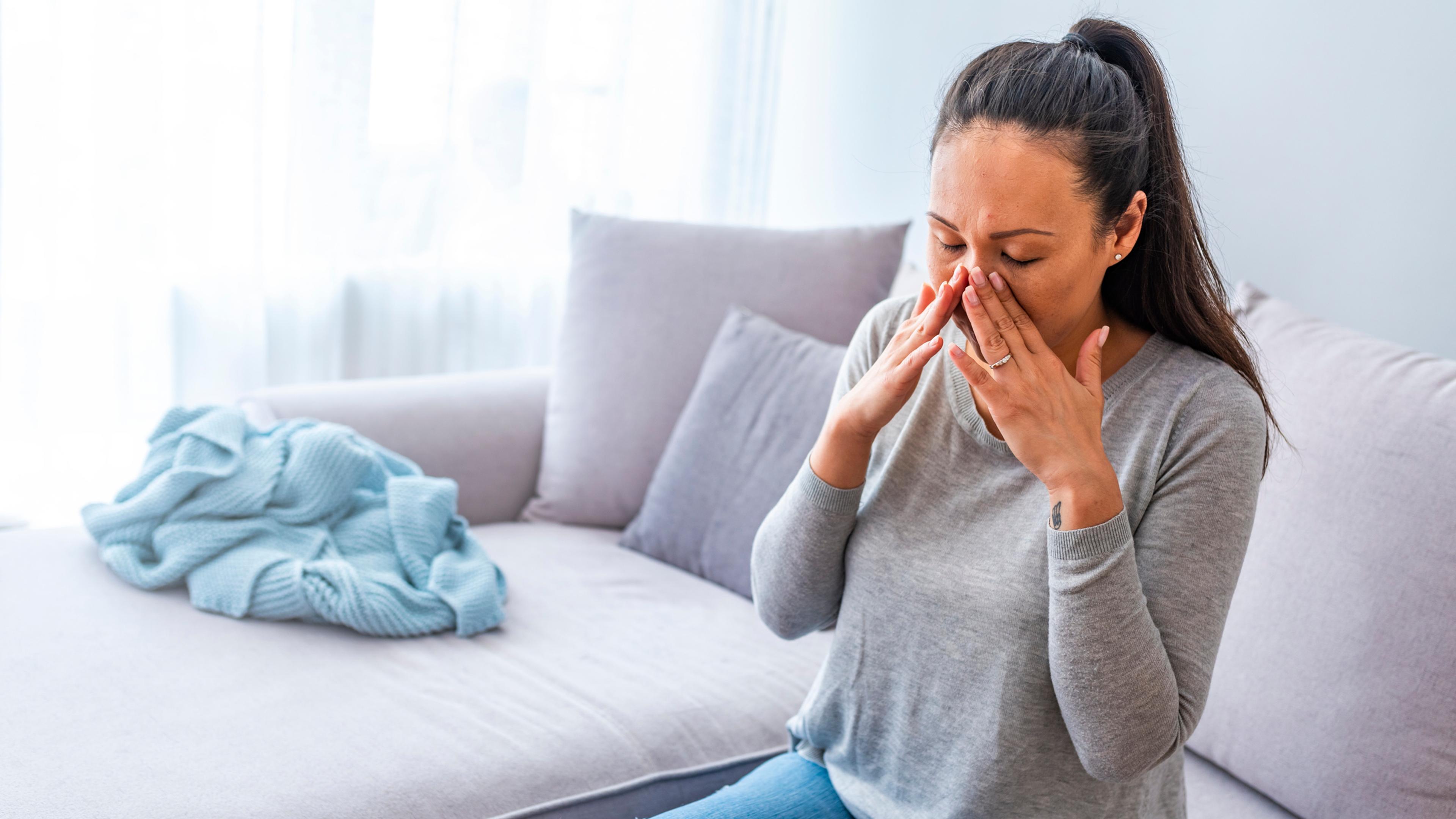How Menopause Affects Mental Health

Lindsay Knake
| 3 min read
Lindsay Knake is a brand journalist for Blue Cross B...

Key Takeaways
- Menopause is a hormonal change women experience in their 40s and 50s when their reproductive years end.
- About half of women may experience anxiety and depression during menopause, especially if they've already deal with these issues previously.
- Talk to your primary care provider if you experience severe menopause symptoms, including mood swings, depression or anxiety.
The relationship between menopause and mental health is complex. Symptoms of this physical change can worsen mental health and vice versa.
While more research is needed to understand menopause and mental health, here’s what to know and here are some tips to support your mental health.
Menopause and mental health
Menopause is a hormonal change women experience in their 40s and 50s when their reproductive years end. Most women start to experience symptoms of menopause in their mid-40s. The average onset of menopause, one year without a menstrual period, is 51.
Symptoms of menopause include:
- Hot flashes and/or night sweats
- Difficulty sleeping
- Mood swings or irritability
- Vaginal dryness that causes discomfort during sex
- Urinary urgency
- Dry skin, dry eyes or dry mouth
- Weight loss or gain
- Brain fog
A decline in estrogen and imbalance between estrogen and progesterone may cause many of these symptoms.
For up to half of women, menopause leads to anxiety and depression, according to the Cleveland Clinic. More severe menopause symptoms can lead to worsened mental health. Additionally, women who already have anxiety, depression, premenstrual dysphoric disorder or postpartum depression are more likely to have symptoms of depression and anxiety during menopause.
While it is less common to have new mental health problems during menopause, it is possible. Many women will also have mood changes or irritability. Normal life stress such as caretaking for children and parents, work and responsibilities can also add to feelings of irritability, according to Harvard Health.
Physical symptoms and mental health
When you don’t feel good physically, it can be difficult to feel good mentally. Lack of sleep, night sweats and hot flashes can also contribute to feelings of anxiety and depression, according to the Cleveland Clinic.
For some women, hot flashes can feel like panic attacks, according to Harvard Health. Hot flashes may start with a panicked feeling or sense of doom and include an increased heart rate. One way to tell the difference ishot flashes don’t cause shortness of breath.
Anxiety may also trigger hot flashes in women who already have anxiety, according to the Cleveland Clinic.
Physical changes such as weight gain can lead to a negative self-image, which can also create stress, anxiety and even depression.
How to manage mental health during menopause
Living a healthy lifestyle, including sleep and exercise, can help with both your physical and mental health. Focus on:
- Getting at least seven hours of sleep.
- Exercising for at least 30 minutes a day, five days a week.
- Eating a healthy diet with plenty of fruits and vegetables, lean meat, legumes and whole grains.
- Drinking plenty of water.
- Limiting or avoiding alcohol, which can contribute to anxiety and poor sleep.
- Managing stress with relaxation techniques, counseling and soothing activities.
Talk to your primary care provider if you experience severe menopause symptoms, including mood swings, depression or anxiety. Counseling from a mental health professional or medication may help with anxiety or depression that interfere with daily life.
Blue Cross Blue Shield of Michigan and Blue Care Network can help members find an in-network mental health professional by calling behavioral health access lines listed below:
PPO: Behavioral Health Access Line | 1-800-762-2382
A free and confidential resource that’s just a call away when you need immediate support. Behavioral health professionals answer, 24/7.
HMO: Behavioral Health Access Line | 1-800-482-5982
Connect with a behavioral health clinician if you need help finding a mental health or substance use provider.
Behavioral health clinicians are available for routine assistance from 8 a.m. to 5 p.m., Monday through Friday. For urgent concerns after hours, clinicians are also available 24 hours a day, seven days a week.
Learn more about mental health and options you have as a member to seek help at bcbsm.com/mentalhealth.
Image: Getty Images
Related:





